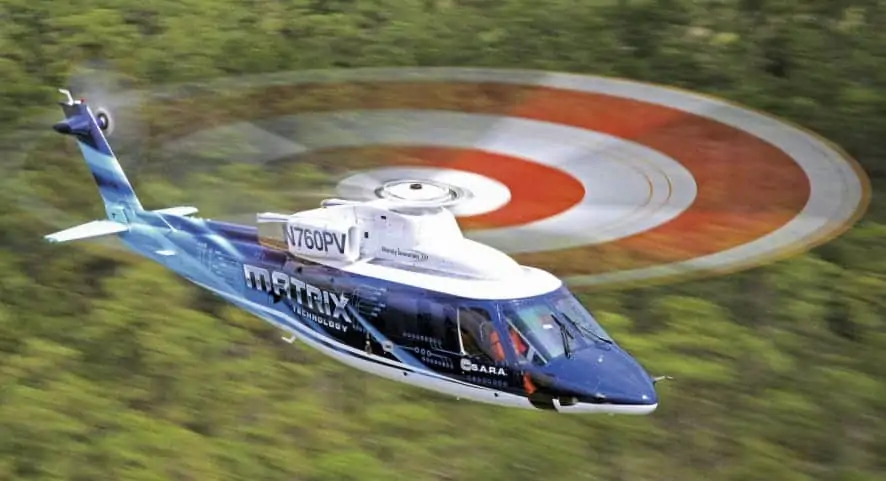Sikorsky has announced that it has won the contract for Phase 3 of the Defense Advanced Research Projects Agency’s (DARPA) Aircrew Labor In-Cockpit Automation System (ALIAS) program.
DARPA’s ALIAS program is leveraging advances in autonomy to reduce pilot workload, augment mission performance, and improve aircraft safety and reliability. DARPA is working with Sikorsky to improve and expand the capabilities developed through a tailorable autonomy kit for installation in both fixed wing airplanes and helicopters.
After completion of the first two phases of the program, Sikorsky successfully integrated its Matrix Technology into Sikorsky’s Autonomy Research Aircraft (SARA) and also on a Cessna Caravan. DARPA ALIAS utilizes Matrix, a capability toolkit that includes hardware and software as well as multi-spectral sensors that enable scalable automation.
“Our work with DARPA has continued to grow and our team is excited to begin Phase 3 on the ALIAS program. Our autonomy capabilities will help pilots in high workload and degraded visual environments ultimately increasing safety and efficiency,” explained Mark Miller, vice president, Sikorsky Engineering and Technology. “We have developed this flexible technology with safety, effectiveness and efficiency in mind to support ALIAS. We deliberately want our customers to have the ability to determine the best utilization of the technology. Pilots can choose to engage autonomy to help operate, dynamically plan, adjust and/or execute a complete spectrum of responsibilities allowing the operators to better focus on the designated mission at hand.”
Through the DARPA ALIAS program, Sikorsky is developing systems intelligence that will give operators the confidence to fly aircraft safely, reliably and affordably in optimally piloted modes enabling flight with two, one or zero crew. The program will improve operator decision aiding for manned operations while also enabling unmanned operations.



















